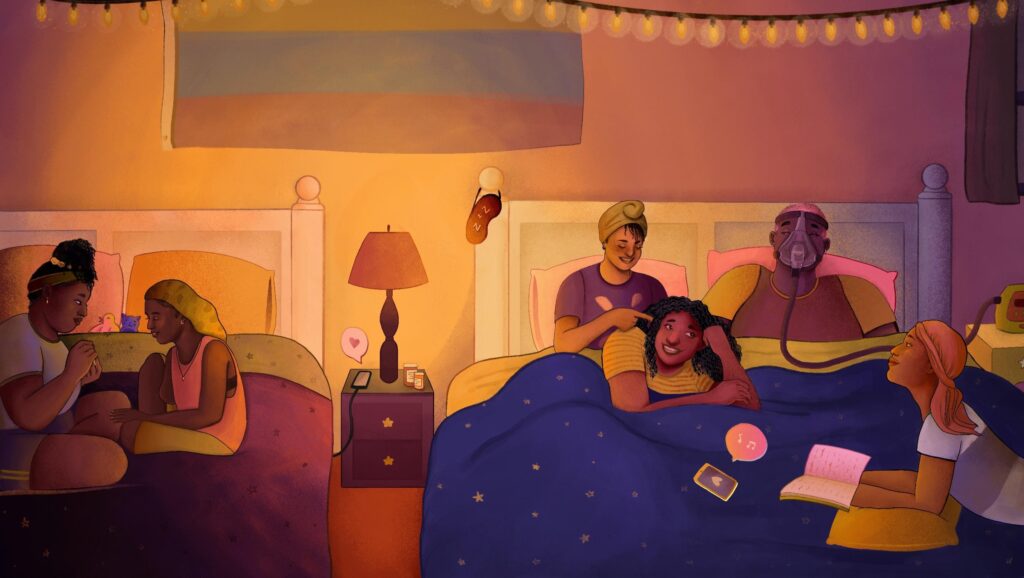“The history of disabled queer and trans people has continually been one of creative problem-solving within a society that refuses to center our needs.” – Alice Wong
Currently in Florida, Governor Desantis has signed into law the “Protections of Medical Conscience” Bill, creating blanket legal protection for healthcare providers or payors to refuse to provide any medical treatment on the basis of a “sincerely held religious, moral, or ethical belief.” The law stipulates that providers cannot use it to deny care based on a person’s race, color, religion, sex, or national origin, but proponents of the bill refused the opposition’s attempt to add sexuality, gender identity, or disability to those categories.
In the midst of an unprecedented 417 anti-LGBTQ bills circulating in U.S. legislatures (more than double last year’s number), it is easy for most of us to see why proponents of this law would want sexuality and gender identity excluded from discrimination protection. This law can and will be used to deny medical care to queer and trans people based on someone’s sincerely held belief that those people should not exist.
But we might not immediately see the reasoning behind excluding “disability” alongside them, unless we understand the queer liberation history that current “Don’t Say Gay” bills will make it impossible to teach:
- A history that is deeply interwoven with the disability rights movement.
- A history where queerness was officially categorized by the DSM as a mental illness until 1973.
- A history where legal marriage was denied to queer people until 2015, and is still denied to disabled people under threat of losing their SSI benefits.
- A shared history of forced institutionalization, sterilization, and dangerous procedures aimed to “cure” us.
- A shared history of representing a deep threat to systems of power that rely on conformity and control as their foundation.
One of Sins Invalid’s 10 Principles of Disability Justice is Collective Liberation, the idea that all struggles against oppression are bound together, and it is only through solidarity that we all get free.
283 of those 417 anti-LGBTQ bills that I mentioned earlier are targeting queer students in our public schools, and we need special educators to be on the front lines opposing them.
Why?
Because if we are standing in front of our colleagues at summer PD explaining why they have follow a student’s IEP but not why they have to use a student’s correct pronouns, then we are only interested in one type of inclusion. If we are teaching a lesson on disability justice leaders like Stacey Milbern or Leah Lakshmi Piepzna-Samarasinha but omit that they are queer, we are erasing core identity pieces that they themselves have named as central to their work. If we would raise hell over a disabled student being excluded from a field trip but not a queer student being banned from a safe bathroom option, then we have no business telling anyone that “all means all.”
Disabled activist Imani Barbarin tells us that when state-sponsored oppression is the goal, “ableism will always be the toolkit.” Queer folks know this. Disabled folks know this. And queer disabled folks know this most of all. This Pride month, special educators need to be the megaphones urging us all to listen to them, because “no body or mind can be left behind–only moving together can we accomplish the revolution we require.”
In Pride and Solidarity,
Nikki Ortiz (she/her)
CALLS TO ACTION FOR EDUCATORS:
Sign the ACLU’s pledge to protect trans youth.
Use ResistBot and the ACLU’s Bill Tracker to contact your representatives and let them know how you feel about the legislation being considered in your state.
Use the ONE Archives Foundation’s LGBTQ Lesson Plan Library to teach queer history.
